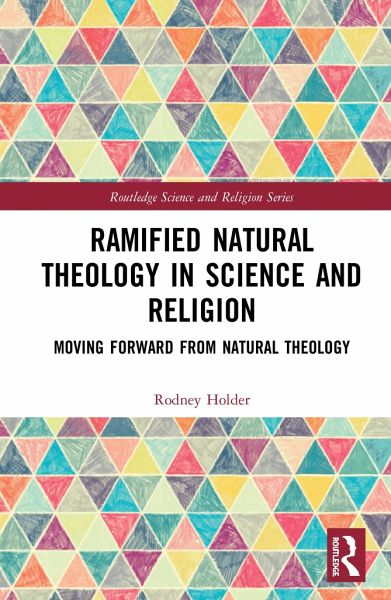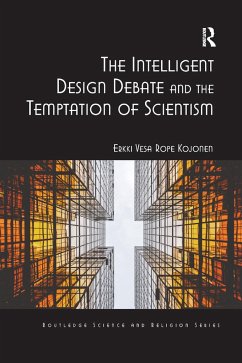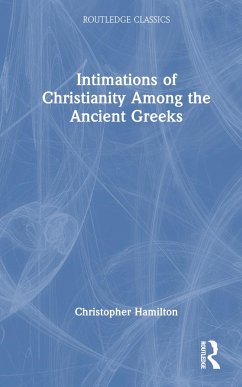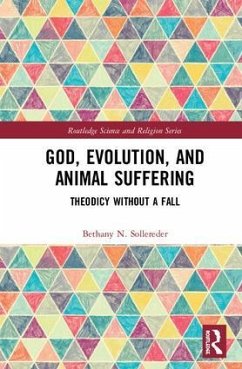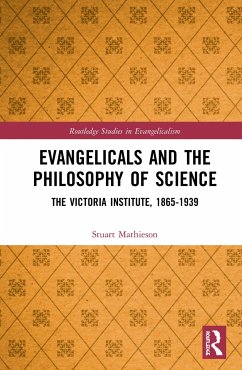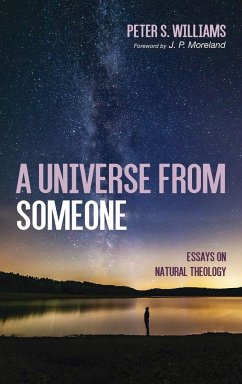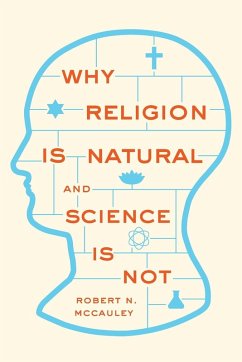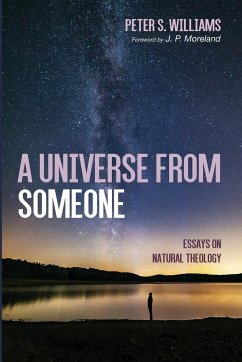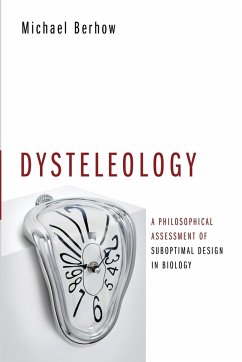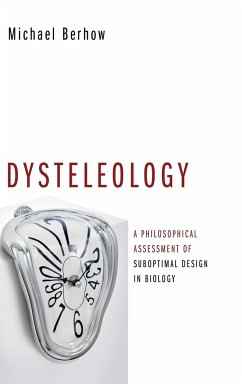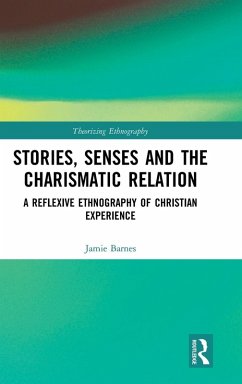"Probabilistic natural theology is the production of arguments from the most general features of the universe to the probable existence of God. Ramified natural theology is the production of probabilistic arguments from historical evidence of a kind recognisable by atheists as well as religious believers, for the truth of doctrines about how God has acted in history. The detailed application to ramified natural theology of the probability calculus, and in particular of Bayes's theorem, is a very recent development in philosophy of religion, to the details and power of which Rodney Holder introduces readers in this book. It helps us to see just how similar to those of any other historical argument, are some arguments from the New Testament
(considered merely as an ordinary historical document) and other historical evidence to the conclusion that Jesus Christ rose from the dead on the first Easter day. Holder explains well the background of the past two centuries of theological scepticism towards rational discussion of this topic, a rational discussion which is crucially needed both by Christians and their opponents in today's world." -
Richard Swinburne, Emeritus Nolloth Professor of the Philosophy of the Christian Religion, University of Oxford
"At a time when religious faith is often dismissed as private and irrational, Dr Holder powerfully and incisively argues for the complete rationality of Christian belief. This book demands our attention." -
Roger Trigg, Senior Research Fellow, Ian Ramsey Centre, University of Oxford
"Distilling decades of deep reflection on the consonance between the natural sciences and religious commitment, Rodney Holder develops with remarkable clarity and care a potent cumulative case for theism in general and for Christian theism in particular. Few thinkers combine scientific expertise and philosophical acumen as effectively and effortlessly as the author of this book." -
James Orr, University Lecturer in Philosophy of Religion, Faculty of Divinity, University of Cambridge
"Rodney Holder builds logically upon centuries of natural theological tradition since Thomas Aquinas to offer this new extended argument for a 'ramified natural theology' in science and religion. [...] With its systematic structure and comprehensive detailing, the volume serves as a veritable education and an interesting exercise in this type of theological enterprise. [...] Experimentation with concepts and their methodologies, like natural theology and in this volume ramified natural theology, is precisely the kind of activity in which science and religion scholarship ought to be involved." - Shaun Henson in
Science & Christian Belief"Arguing from a historic basis of the scriptures is, of course, not new. What is more innovative is to combine this with a consideration of natural theology, and to use a common analytical technique such as Bayesian theory to assign overall probabilities to the truths of central Christian beliefs. [...] Even without the Bayesian aspects, this book is useful in collecting together quite a lot of material that is relevant for presenting the Christian faith. [...] It can be well recommended for theological libraries and researchers in the area" - Peter J. Bussey in
Perspectives on Science and Christian Faith"In this significant work, Rev Dr Rodney Holder utilises Bayes's theorem to rationally analyze the probability that specific historical, revelatory claims of Christian faith are true. [...] This engaging work is an outstanding contribution to the field of ramified natural theology, with prodigious scope, reflecting the author's multi-disciplinary expertise. I highly recommend it to analytical theologians, those examining the compelling documentary evidence for Christian faith, and to anyone interested in the history of natural theology." - David E. Watkis in
Faith&Thought"
Ramified Natural Theology in Science and Religion is a tour de force in the use of probabilistic methods to present a cumulative evidential case not just for generic monotheism but specifically for the central claims of Christianity. [...] The breadth of scholarly literature that Holder wields in building his case is truly impressive, spanning contemporary analytic philosophy of religion, twentieth-century systematic theology, cosmology, and the study of the historical Jesus. [...] In sum, this book offers a compelling, wide-ranging exploration of the contours of a cumulative case for Christian theism, which takes account of the latest work in a formidable array of scholarly disciplines." - Max Baker-Hytch in
Journal of Analytic Theology